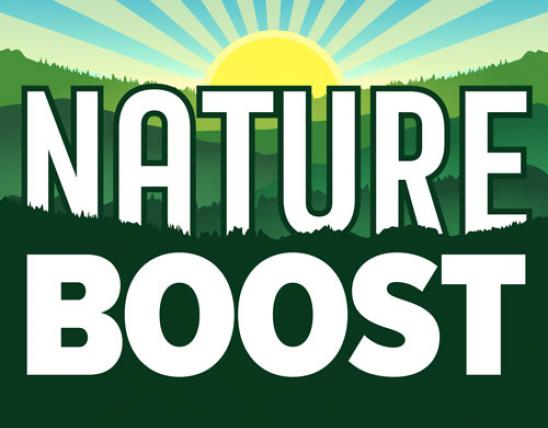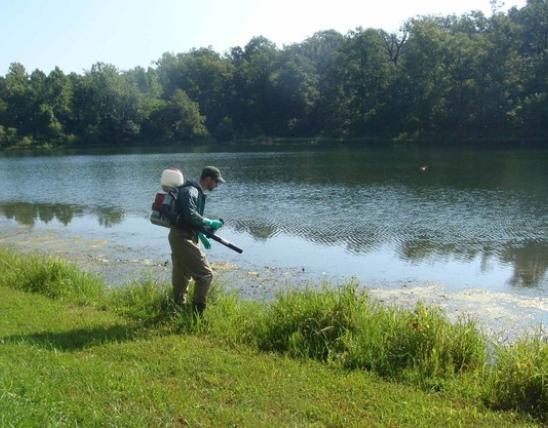Each month, we highlight research MDC uses to improve fish, forest, and wildlife management.
Watershed Management: Stream Team Data
Ronna Haxby leads Stream Team #4325. She is regional projects director for Ozarks Water Watch, an Ozarks-region nonprofit dedicated to preserving the water quality in the upper White River watershed. Haxby coordinates approximately 35 volunteers to monitor 20 sites.
“Many of our volunteers have level-two and a few have level-three training in Stream Team’s Volunteer Water Quality Monitoring (VWQM),” she said. Dave Woods, a fisheries management biologist in MDC’s Southwest Regional Office, knows he can trust Haxby’s data. He and his management team use a variety of tools to assess the health of waterbodies in his region. These tools include fish and habitat sampling, land-use characterizations, and bridge inventories. When it comes to water quality monitoring, however, Woods’ team relies on Haxby and other citizen scientists in the VWQM program.
“In some cases, we can easily use the existing data for our assessments,” he said. “In others, we can partner with Stream Teams to take on a new sampling location to fill data gaps in the watershed.”
To participate in the VWQM program, Stream Team volunteers must learn how to survey aquatic invertebrates as well as measure dissolved oxygen, pH, water clarity, conductivity, nutrients (nitrate, ammonia, and phosphate), and stream discharge.
As a water-quality projects director and a VWQM program volunteer, Haxby appreciates the rigor of Stream Team training. “Stream Team requires retraining every three years to test skills and ensure that procedures are accurately done,” she said.
Stream Team
VWQM Program at a Glance 6,700 trained VWQM volunteers
Program Partners MDC
Missouri Department of Natural Resources (MoDNR) Conservation Federation of Missouri
How MDC Uses VWQM Data
- Assess habitat improvement projects
- Investigate fish kills
- Education
How MoDNR Uses VWQM Data
- Assess and list waterbodies as impaired
- Assess and remove waterbodies from the impaired list
- Establish allowable pollution levels
- Monitor allowable pollution levels
Learn more at mostreamteam.org
This Issue's Staff
Associate Editor - Bonnie Chasteen
Staff Writer - Larry Archer
Staff Writer - Heather Feeler
Staff Writer - Kristie Hilgedick
Staff Writer - Joe Jerek
Creative Director - Stephanie Thurber
Art Director - Cliff White
Designer - Les Fortenberry
Designer - Marci Porter
Photographer - Noppadol Paothong
Photographer - David Stonner
Circulation - Laura Scheuler






















